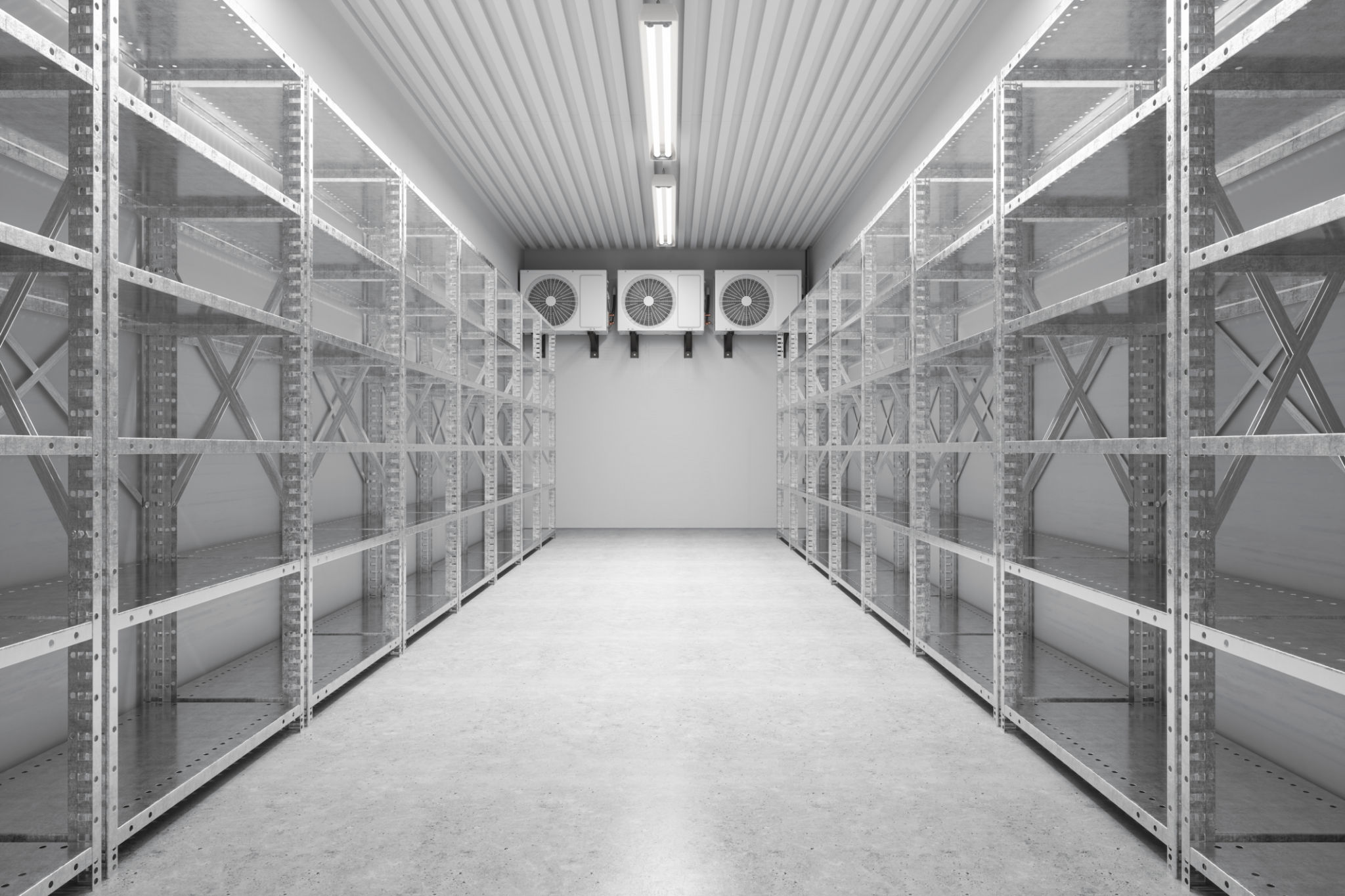Understanding Commercial Refrigeration: Key Considerations for Austin Businesses
Introduction to Commercial Refrigeration
For businesses in Austin, Texas, understanding the intricacies of commercial refrigeration is crucial. Whether you're running a restaurant, grocery store, or any business that requires food storage, a reliable refrigeration system is essential. Not only does it preserve the quality of your products, but it also ensures compliance with health and safety standards.
Choosing the right refrigeration system can be overwhelming. With various types and specifications available, it's important to consider several factors before making a decision. This blog post will guide you through the key considerations for selecting the best commercial refrigeration solution for your business.

Types of Commercial Refrigeration Systems
The first step in understanding commercial refrigeration is recognizing the different types of systems available. Each type serves specific needs and offers distinct advantages:
- Reach-In Refrigerators: Ideal for smaller establishments, these units provide easy access and are typically used for items that need frequent restocking.
- Walk-In Coolers and Freezers: Suitable for larger operations, these provide ample storage space and are customizable to fit specific dimensions.
- Display Cases: Perfect for businesses that require product visibility, such as bakeries or delis.
Understanding your business's specific needs will help you choose the right type of refrigeration system.
Energy Efficiency Considerations
In today's eco-conscious world, energy efficiency is more important than ever. Choosing an energy-efficient refrigeration system can significantly reduce your operational costs and environmental footprint. Look for units with the Energy Star label, as they meet stringent energy efficiency guidelines set by the Environmental Protection Agency.
Additionally, consider investing in technologies like LED lighting and high-efficiency compressors to further enhance energy savings. Regular maintenance will also ensure that your system operates at optimal efficiency.

Maintenance and Durability
Regular maintenance is crucial for the longevity and effectiveness of commercial refrigeration systems. Establishing a routine maintenance schedule can prevent costly breakdowns and ensure consistent performance. This includes cleaning condenser coils, checking door seals, and inspecting fans and motors.
Durability is another key factor to consider. Investing in a high-quality system from a reputable manufacturer can save you money in the long run by reducing repair and replacement costs. Look for systems made from durable materials that can withstand heavy use.
Compliance with Health Regulations
Compliance with health regulations is non-negotiable for businesses handling perishable goods. Your refrigeration system must maintain proper temperatures to prevent spoilage and contamination. The Food and Drug Administration (FDA) provides guidelines on safe food storage temperatures, which should be strictly adhered to.
Installing a monitoring system that tracks temperatures and alerts you to any deviations can help maintain compliance and protect your products.

Cost and Budgeting
The cost of commercial refrigeration systems can vary significantly based on size, features, and brand. When budgeting, consider not only the initial purchase price but also installation costs, maintenance expenses, and energy consumption.
Look for systems that offer a good balance between cost and features. Sometimes, investing a little more upfront can lead to substantial savings in the long term through reduced energy bills and fewer repairs.
Space and Layout Planning
Before purchasing a commercial refrigeration unit, assess the available space in your establishment. Proper planning ensures that the system fits seamlessly into your layout without obstructing workflow. Consider factors like door swing direction and the proximity of electrical outlets.
Consulting with a professional can provide valuable insights into optimizing your space for both functionality and aesthetics. Remember, efficient space utilization can enhance the overall efficiency of your business operations.
Conclusion
Understanding the key considerations for commercial refrigeration is essential for any business in Austin aiming for success. By carefully evaluating the types of systems, energy efficiency, maintenance needs, regulatory compliance, cost, and space constraints, you can make an informed decision that meets your specific needs.
Investing in the right refrigeration system not only protects your products but also ensures smooth operations and compliance with health standards. With the right approach, you can enhance your business's efficiency and sustainability, ultimately leading to greater customer satisfaction and profitability.